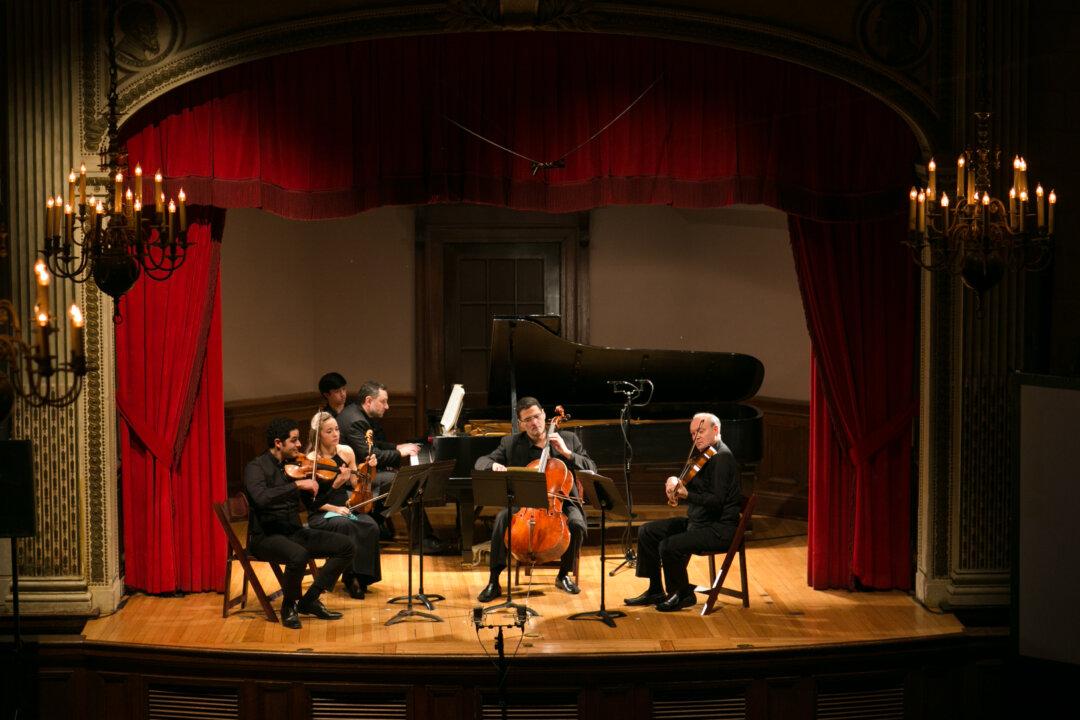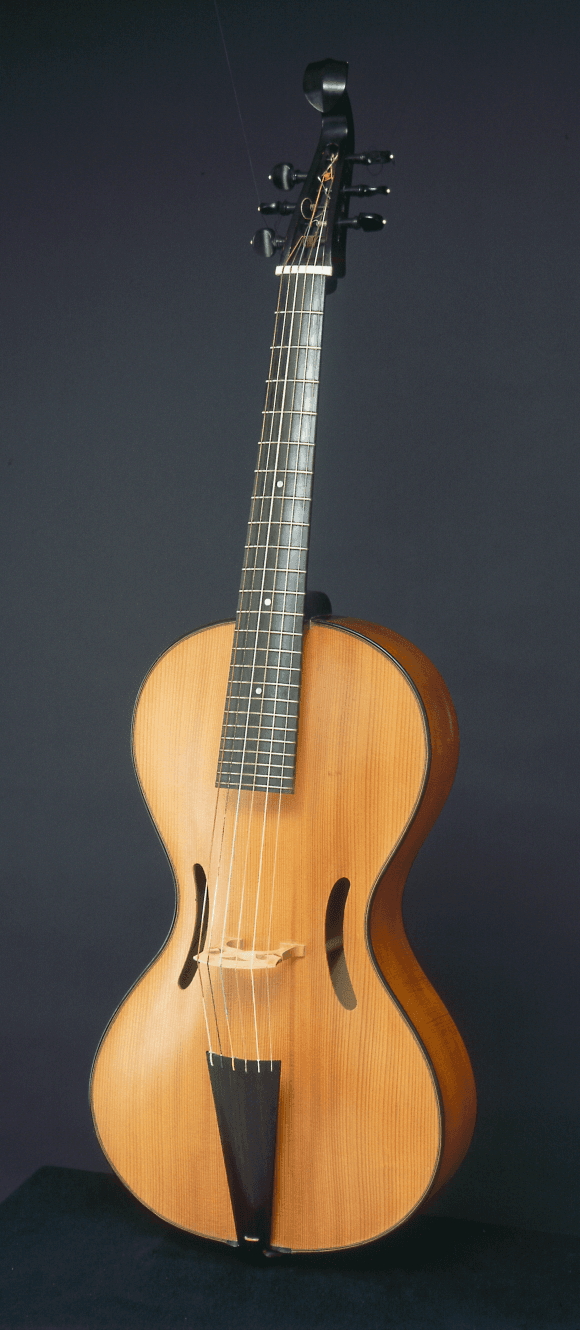NEW YORK—Walking into the Renaissance-style McKim, Mead & White-designed Casa Italiana at Columbia University, one is treated to wine, a lively atmosphere, and a beautiful, intimate theater space.
Then, before the concert begins, one is eased into the Romantic era of Vienna.
The audience is introduced to the city through old paintings, maps, and anecdotes dotted with humor in a presentation that flies by. The concert is to span a century of Romanticism in Vienna, from Schubert (born in 1797) to Brahms (who died in 1897).
“This was a period of huge change—in everything,” said Stephen Johnson, who writes about music and is a BBC radio broadcaster, during the Jan. 26 concert presented by Aspect Foundation for Music and Arts.







